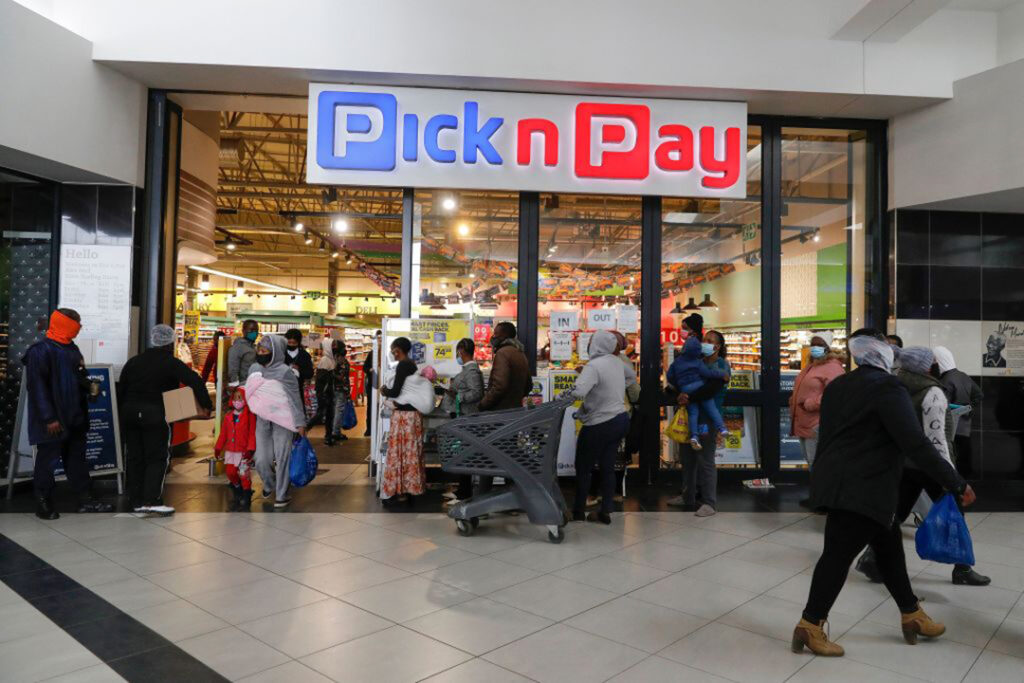ADF STAFF
African nations will get an economic boost to help them overcome the financial strains created by COVID-19 under a project recently launched by the International Monetary Fund (IMF).
The IMF announced the creation of a special drawing rights (SDRs) fund worth an unprecedented $650 billion. It is designed to help countries cover the costs of importing medication, fuel, food and other necessities without increasing their debt burden.
African nations will share $33.6 billion in SDRs, which will be divided according to the size of their contributions to the IMF.
What are special drawing rights?
SDRs are not currency. They are more like coupons that countries can exchange for one of five global currencies the IMF holds in reserve: the U.S. dollar, the euro, the Japanese yen, the Chinese renminbi and the British pound. The current rate of exchange is 1 SDR to $1.416.
The SDRs system is a rarely used way to inject liquidity into the world’s financial system. It was last used in 2009 in response to the global financial crisis. Then, the IMF allocated $250 billion in SDRs.
Under the current plan, South Africa is entitled to the continent’s largest single share, 4.2 billion in SDRs (nearly $6 billion). The continent’s four other large economies — Nigeria, Egypt, Algeria and Morocco — will share another 10 billion in SDRs, with the remainder allocated to other countries according to their IMF contributions.
Vera Songwe, executive secretary of the United Nations Economic Commission for Africa, called for high-income countries that don’t need SDRs to transfer their entitlements to low-income nations as a way of boosting the SDRs’ economic impact.
Rebuilding economies
President Macky Sall of Senegal said the allocation of SDRs will help African countries improve their response to COVID-19, finance their economic recovery from the pandemic, train young people, create new businesses and reduce national debts.
The lockdowns and other drastic measures that accompanied the pandemic in early 2020 caused a global recession that crippled economies and left nations drowning in debt. For nearly two years, countries on the continent have struggled with protecting their citizens from the pandemic while juggling their financial obligations. In many cases, debt relief they received last year has run out, forcing them to start making payments again.
The SDRs system will help nations meet the basic needs of their citizens without adding to their debt burden.
By using SDRs, African countries can reverse some of the damage done by the pandemic. The continent’s economy shrank nearly 2% in 2020. Although economic growth in 2021 is running at 3.2%, that’s only about half the rate being recorded by the rest of the world.
Kenyan economist Ken Gichinga suggests that countries put their SDRs to work by focusing on small businesses, which can create jobs and stimulate economic growth quickly.
“Most countries are still deep in the pandemic,” Gichinga, chief economist with Mentoria Economics, told Nigeria’s News Central TV. “In the medium term, it [the question] has to be: ‘How soon can these countries finally reopen?’”

